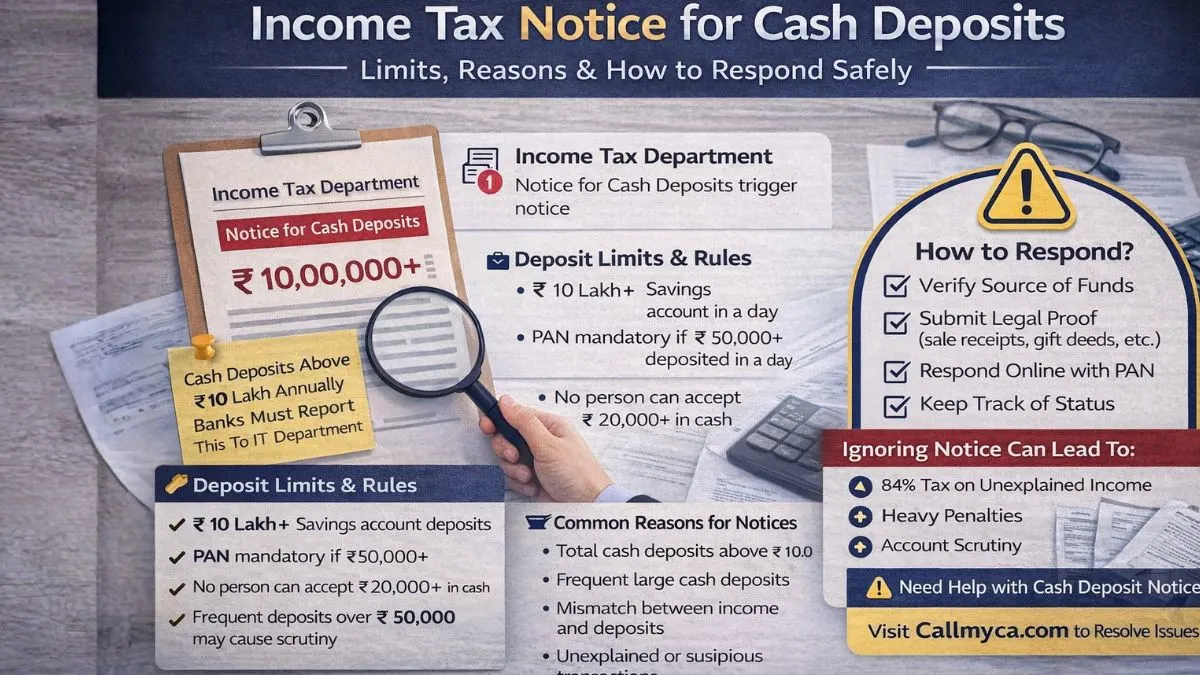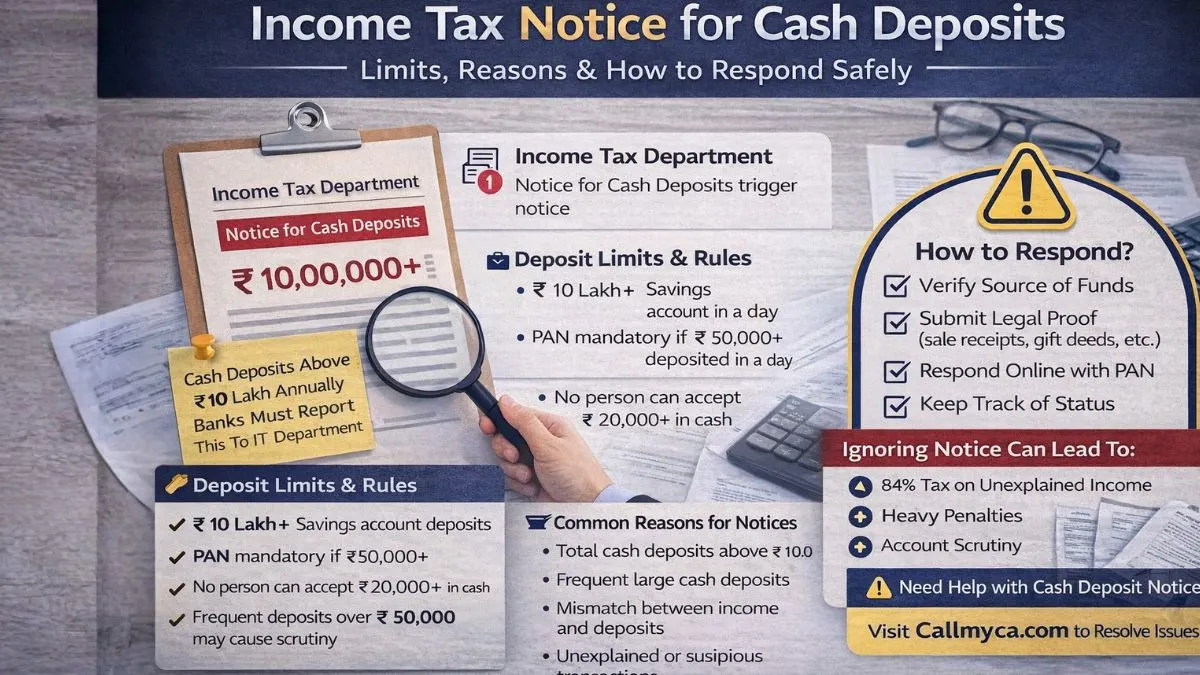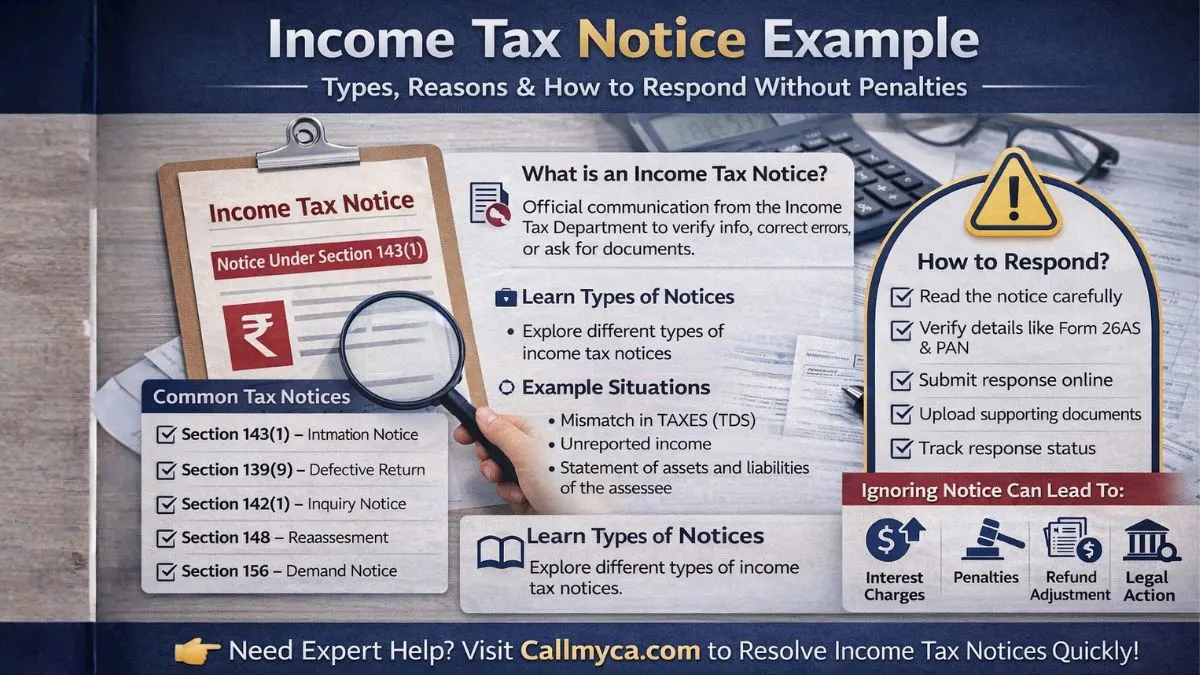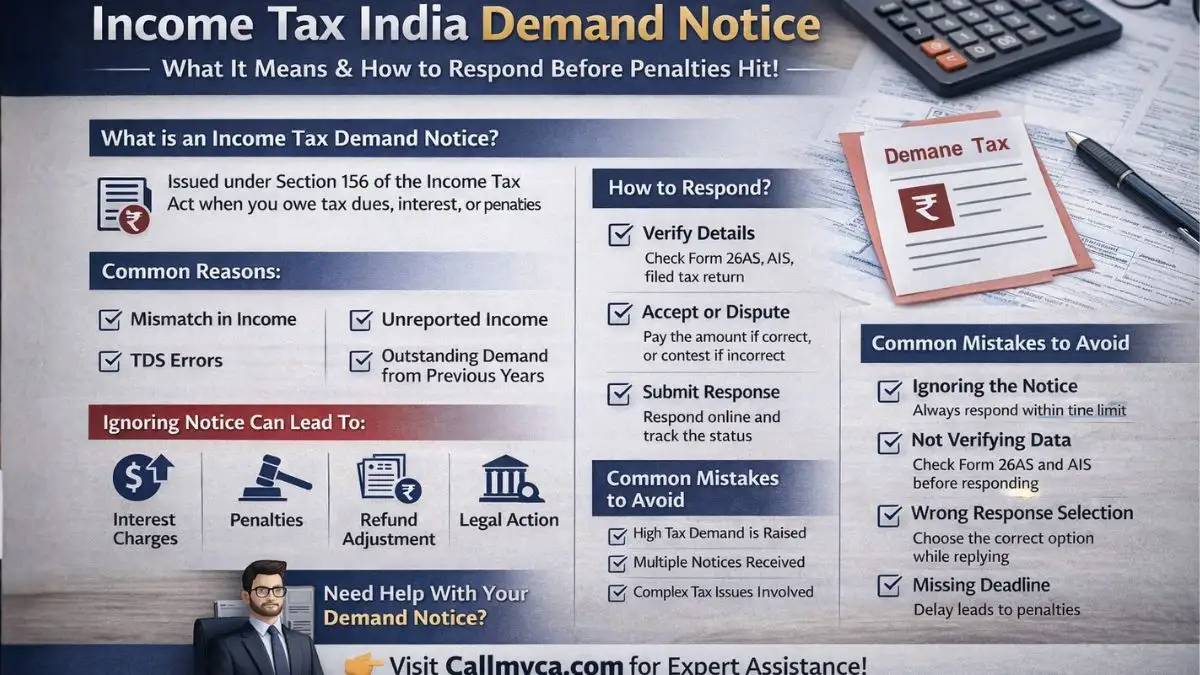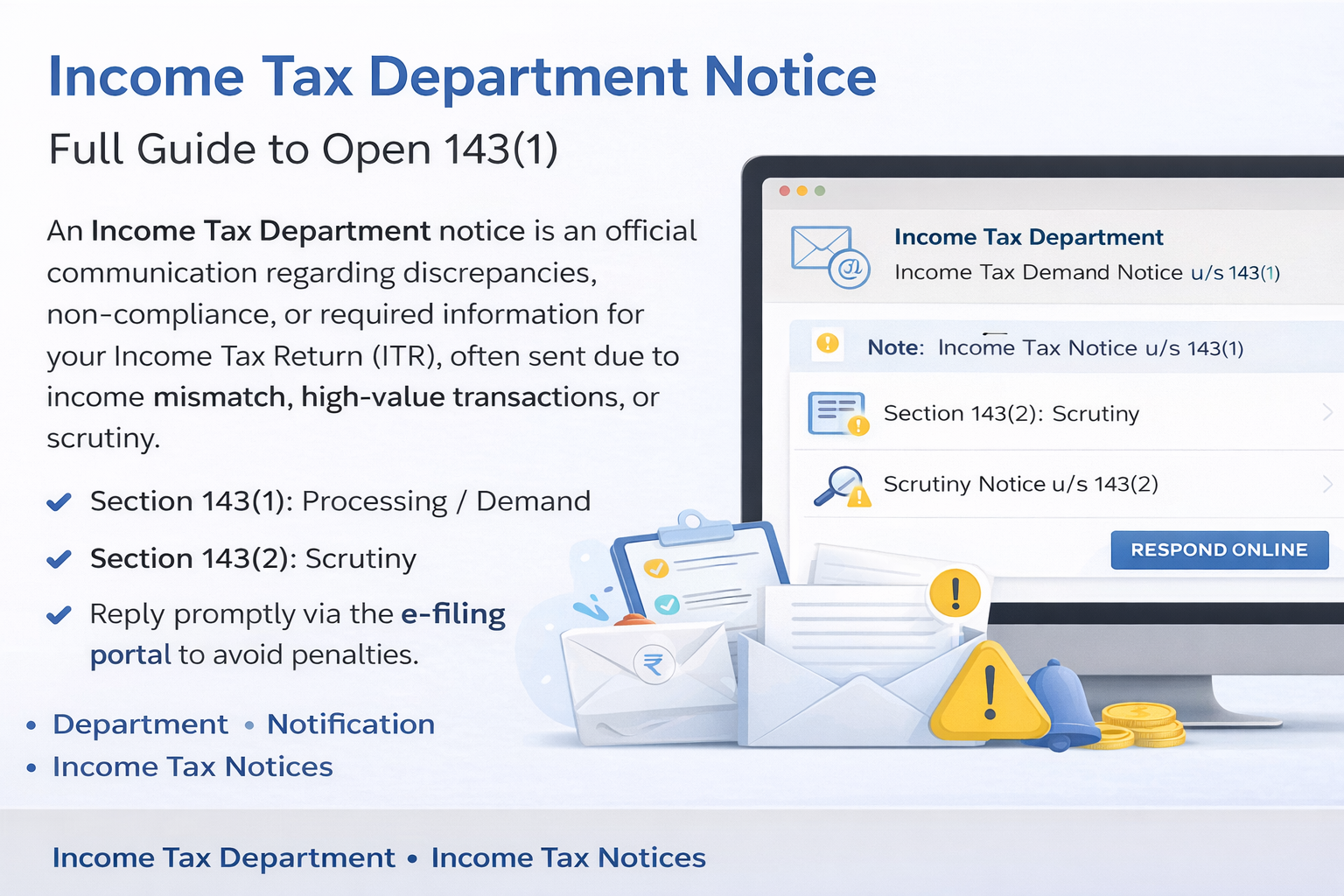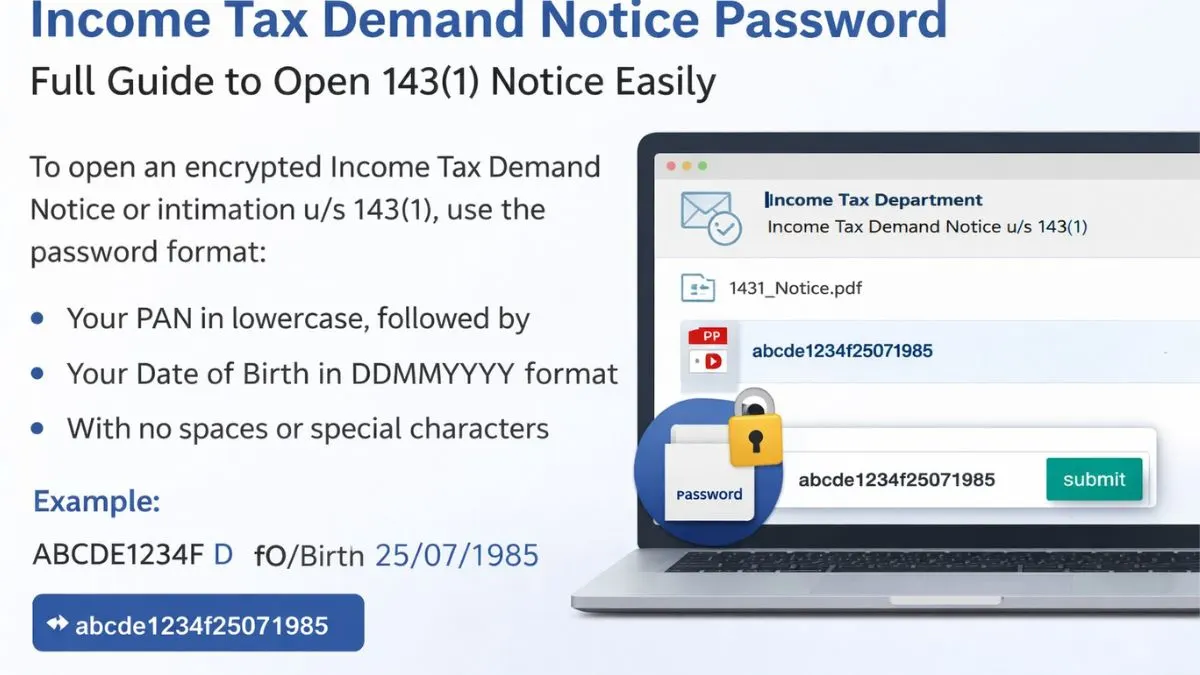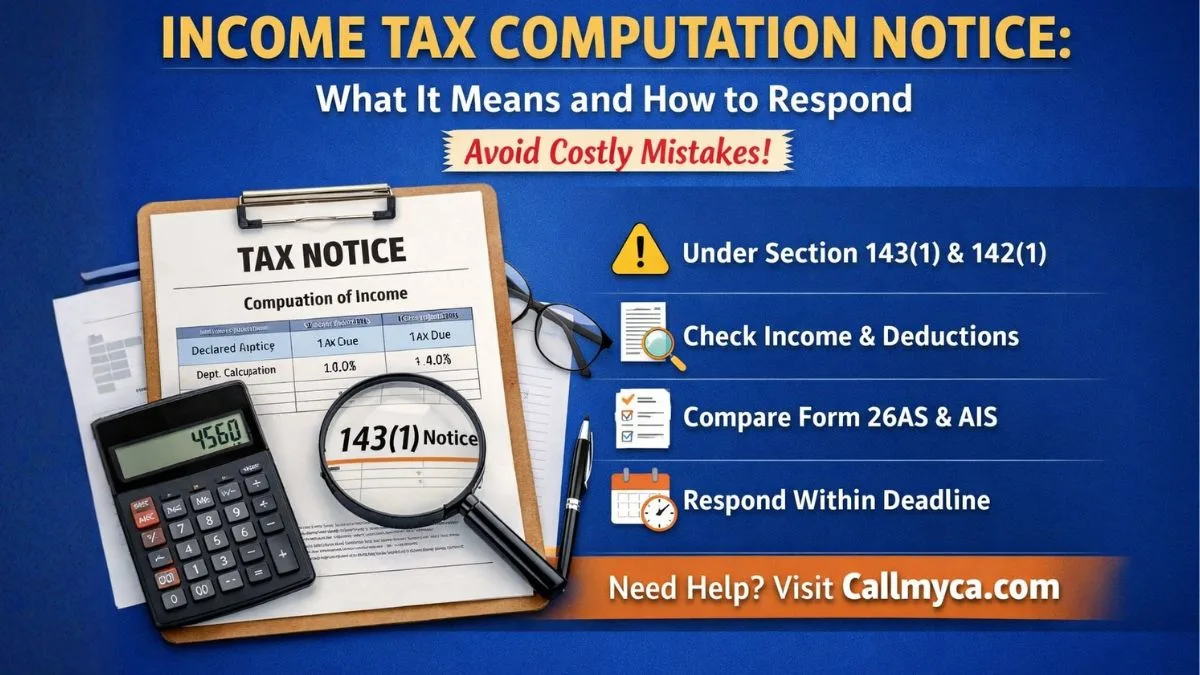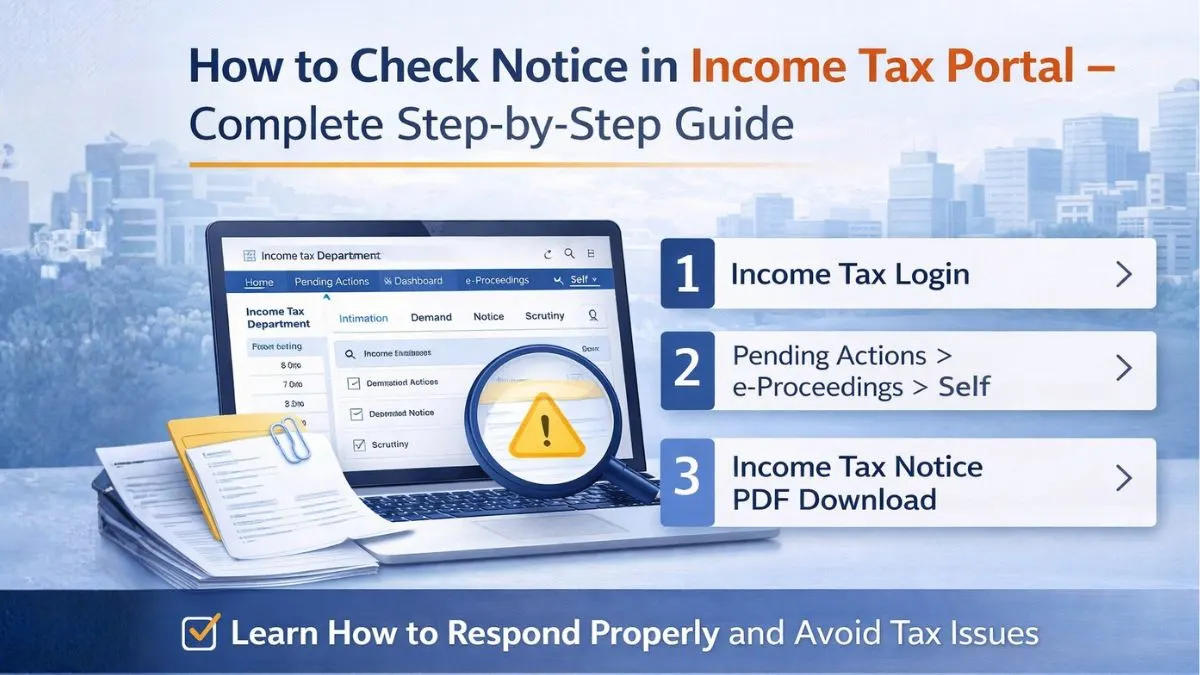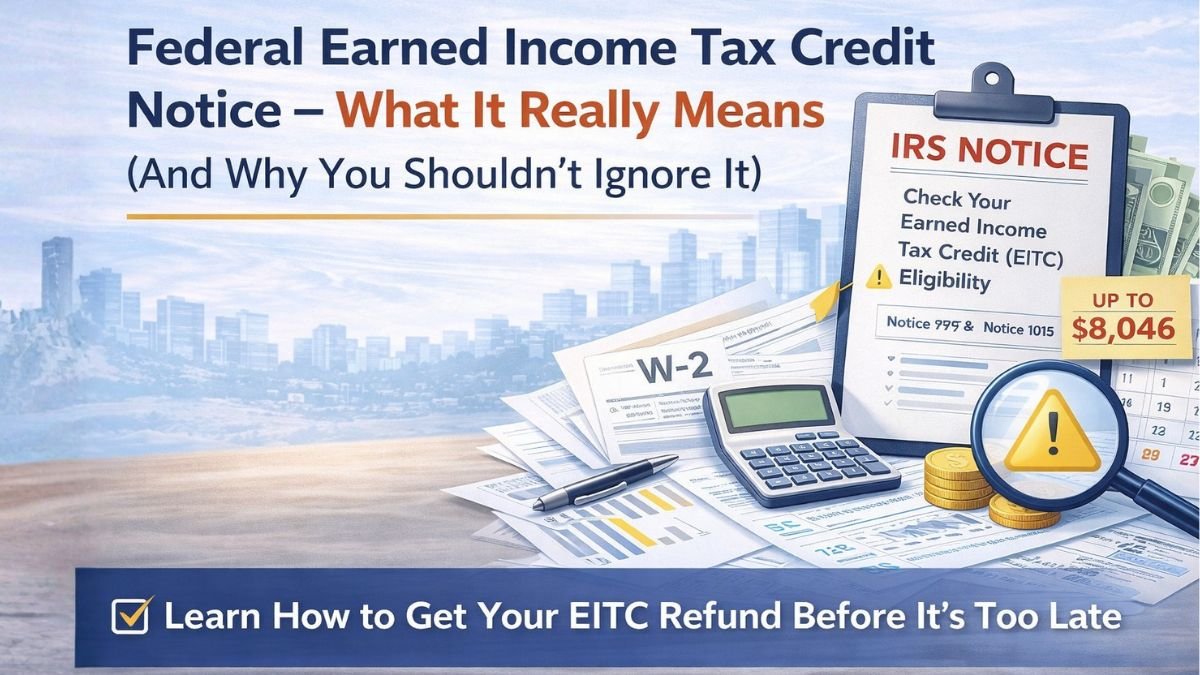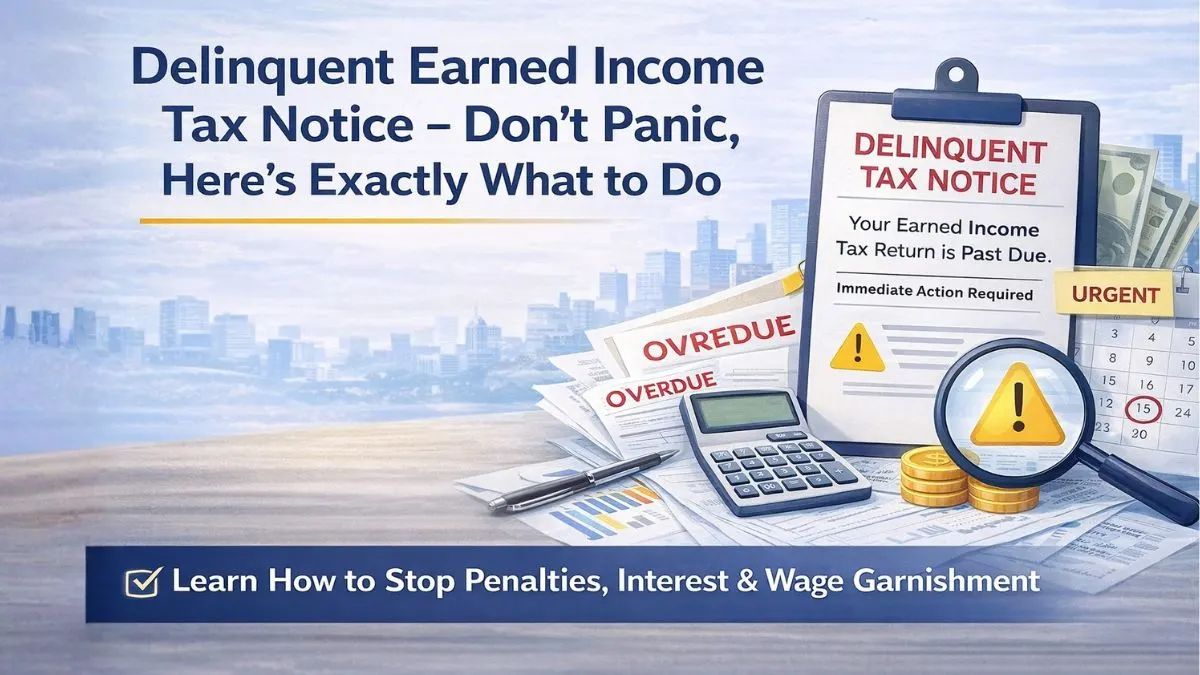
If you’ve ever missed the income tax return (ITR) deadline & later realised you could’ve claimed a huge refund or tax benefit, you’re not alone. But here’s the good news — the Indian Income Tax Act does offer a second chance, thanks to Section 119(2)(b).
📌 What Is Section 119(2)(b) of the Income Tax Act?
Under Section 119(2)(b), the Central Board of Direct Taxes (CBDT) has been empowered to allow taxpayers some relief in genuine cases. Specifically, the Board may, if it considers it desirable or expedient, authorise income tax authorities to admit applications or claims even after the prescribed deadline.
This section is primarily used for allowing applications for condonation of delay in filing returns or claiming refunds or exemptions which were missed due to reasonable causes like health issues, technical errors, or unavoidable circumstances. “
✅ When Does Section 119(2)(b) Apply?
This provision is relevant in cases where:
- A taxpayer missed the ITR filing deadline but has a legitimate refund or deduction claim.
- There’s a delay in the submission of Form 10E, 10B, or other documents critical for tax benefits.
- Refund claims are beyond the belated return window, but the condonation application is filed with strong justifications.
CBDT uses Section 119(2)(b) to ensure fair tax administration, especially when hard-earned money is stuck due to missed technicalities.”
📝 Application Process for Condonation under Section 119(2)(b)
To seek condonation, taxpayers must:
- Write an application addressed to the concerned Principal Commissioner or Commissioner of Income Tax, explaining the delay.
- Attach supporting documents, such as medical records, death certificates (if applicable), or any document that justifies the cause.
- Apply within six years from the end of the relevant assessment year.
- Mention the refund amount or deduction involved, as that can determine who (AO/CIT/CBDT) has the authority to approve the request.
💰 Who Can Approve Condonation Requests?
The income tax department has classified the authority to approve applications based on the refund amount involved:
|
Refund Amount |
Authority Who Can Approve |
|
Up to ₹10 lakh |
Principal Commissioner / Commissioner |
|
₹10 lakh – ₹50 lakh |
Chief Commissioner |
|
Above ₹50 lakh |
Central Board of Direct Taxes (CBDT) |
This tiered approach ensures that bigger claims are scrutinised more carefully, but genuine requests are not ignored.
🔍 Real-Life Use Case
Let’s say you were eligible for a ₹42,000 refund in FY 2020–21 but missed filing your return. If you now realise the mistake, you can file a condonation request under section 119(2)(b), justifying the delay & seeking permission to file the return even though the due date has passed.
If accepted, you not only get your refund, but you also escape any penalty that would’ve otherwise applied for non-filing.
⚠️ Important Points to Remember
- The delay must be unintentional & justifiable.
- No interest is payable on the refund amount granted through condonation.
- You cannot use this route repeatedly; abuse of this facility reduces your chances of approval in the future.
- This section cannot be used to revise tax planning; it’s only meant for genuine relief cases.
💼 Why This Matters?
Section 119(2)(b) acts like a taxpayer-friendly safety net. Whether you're salaried, self-employed, or a senior citizen, life happens, & delays are sometimes unavoidable. This provision recognises that, & gives you a second shot — provided your reason is genuine.
🔗 Need Help Filing a Delayed Return or Refund Claim?
We at Callmyca.com can help you file a condonation application under Section 119(2)(b) & get back your unclaimed refund, without the stress. Click here to explore our expert-assisted tax filing services.

